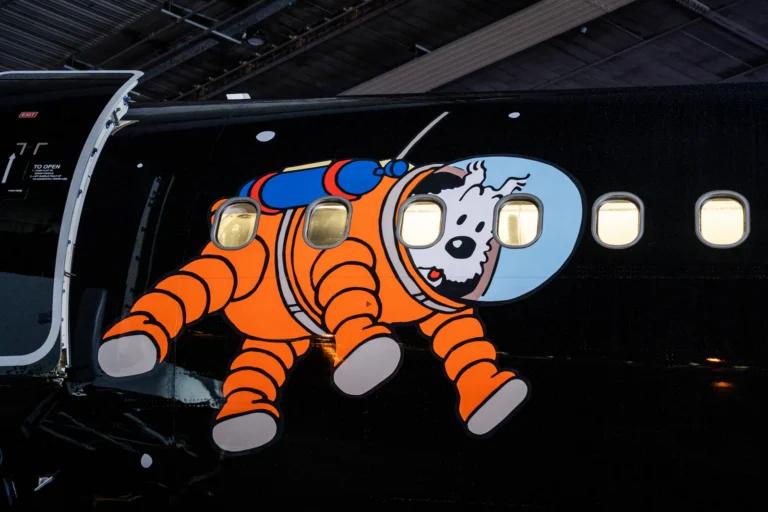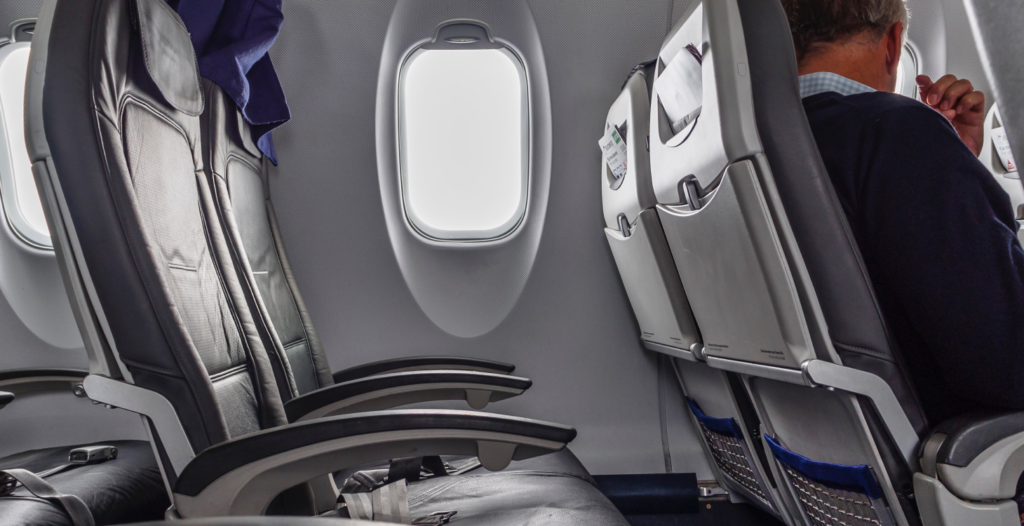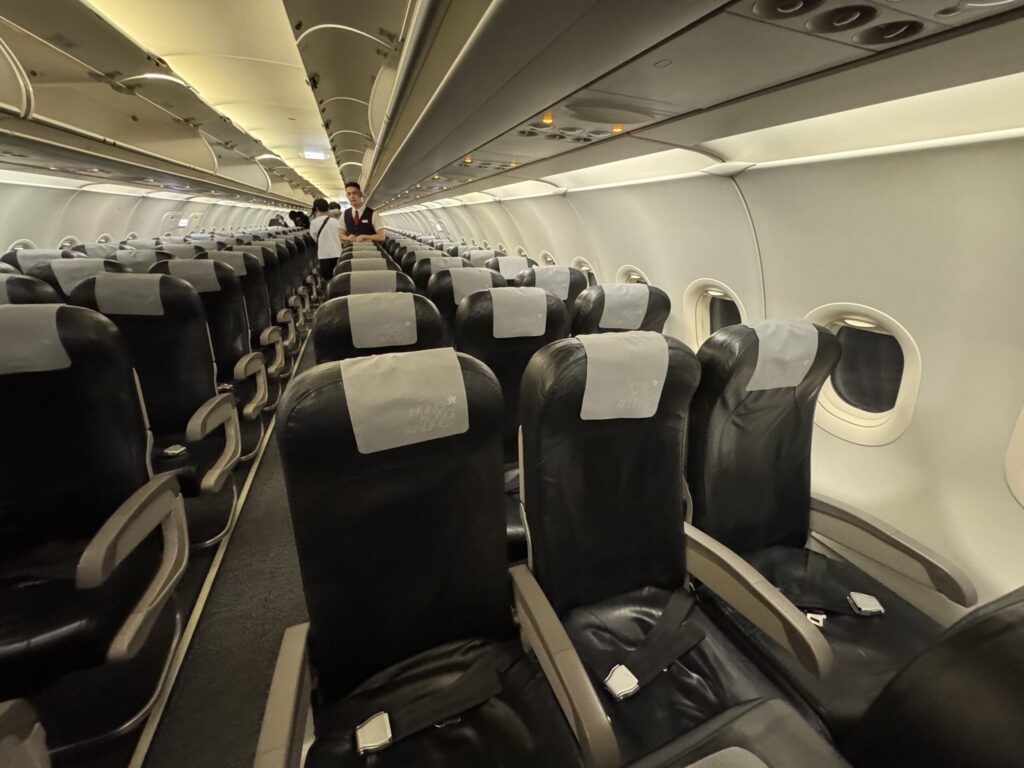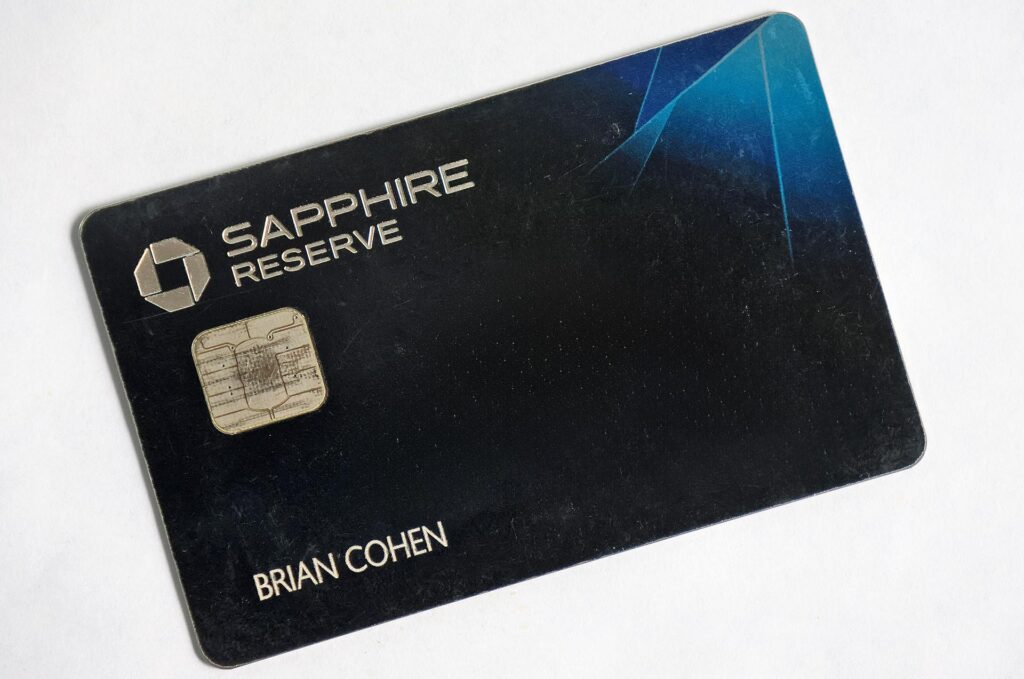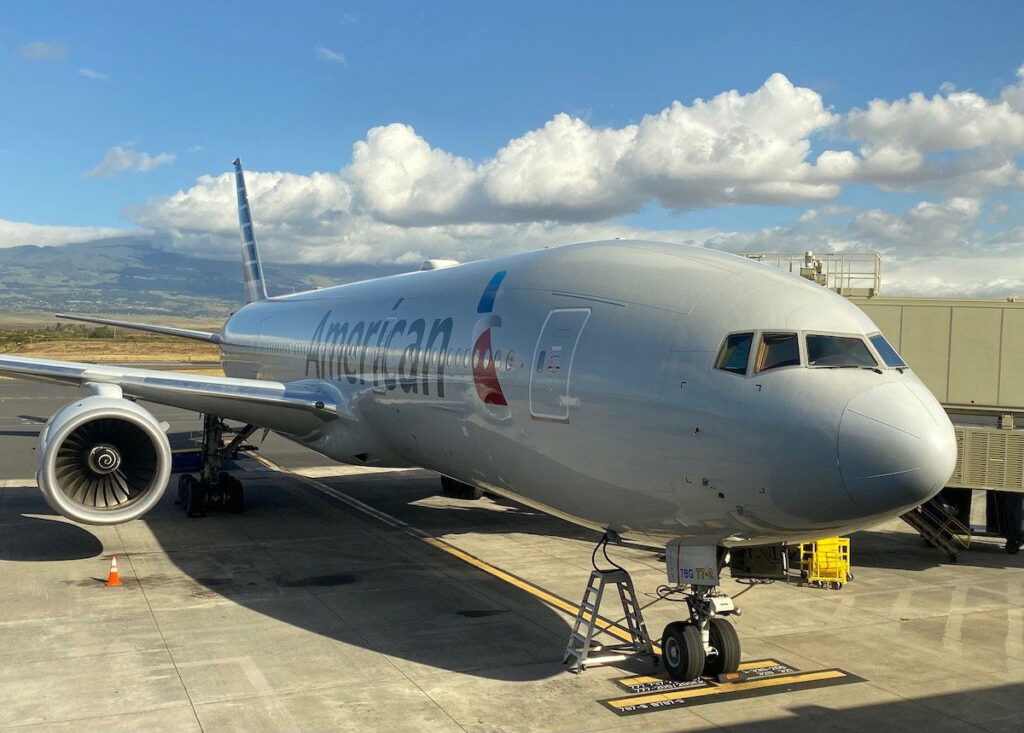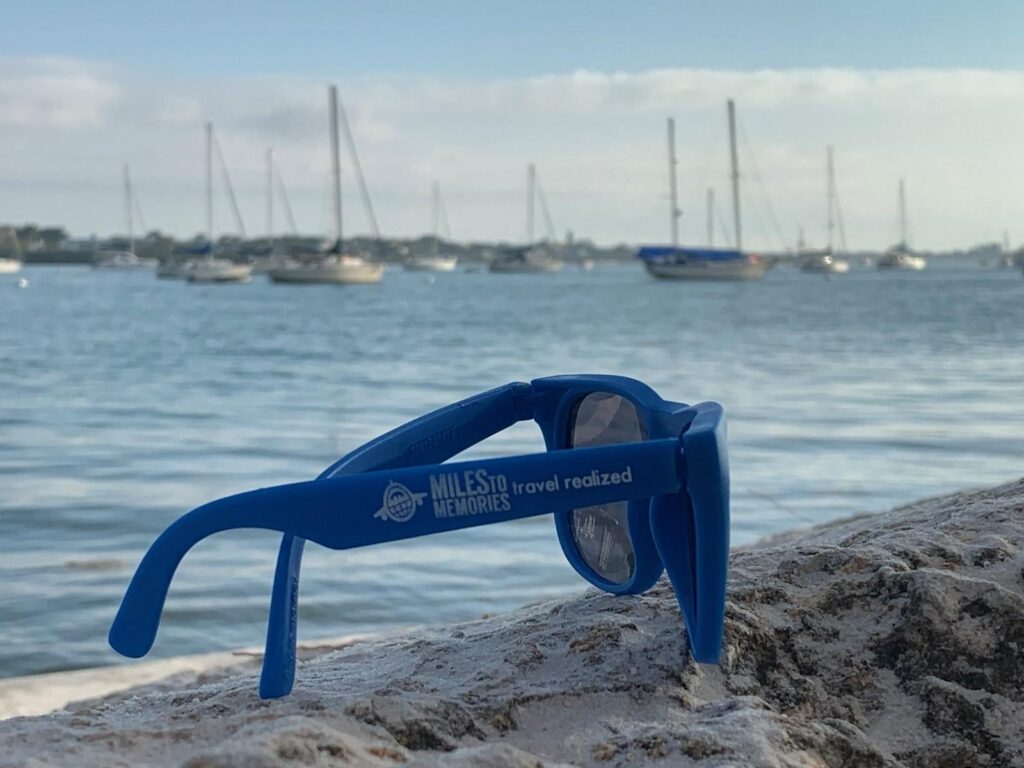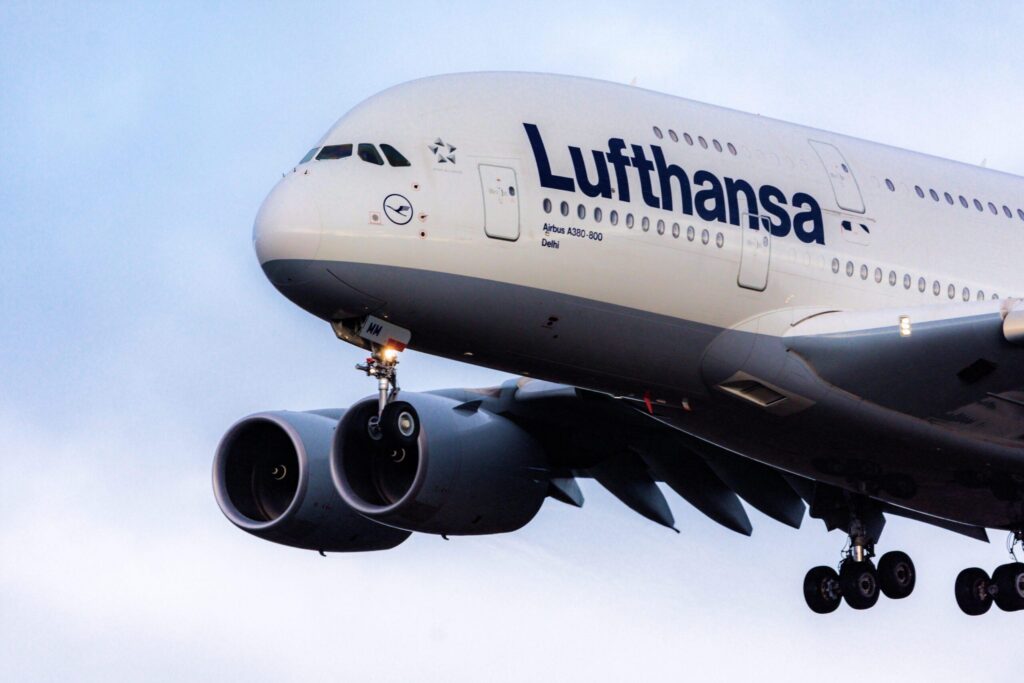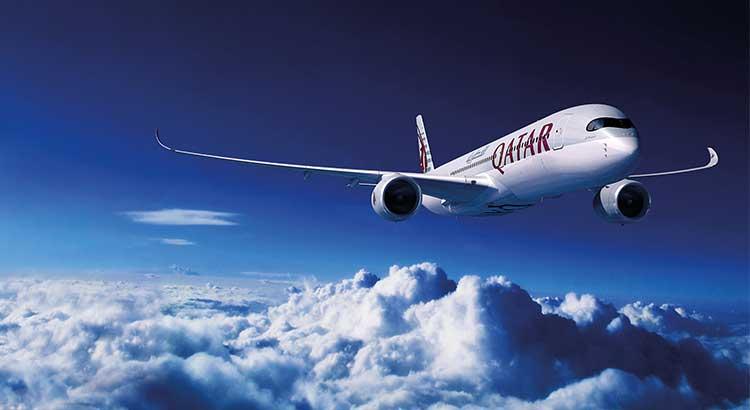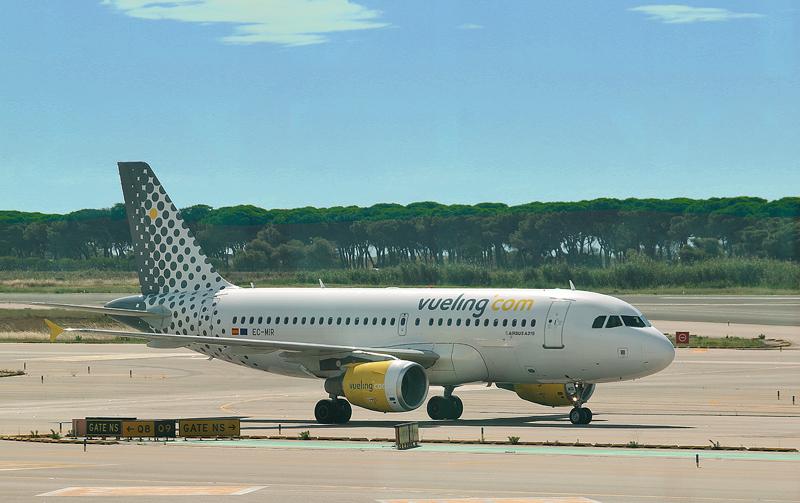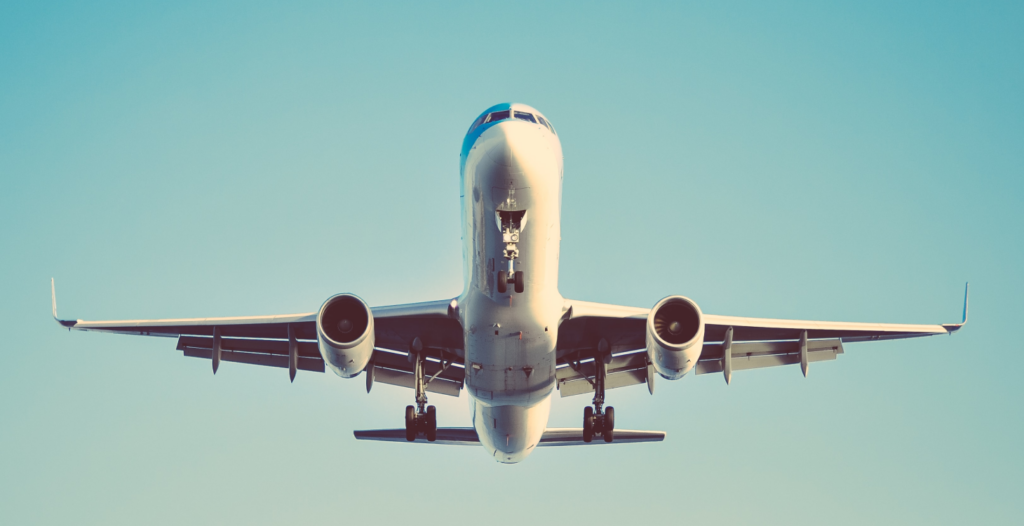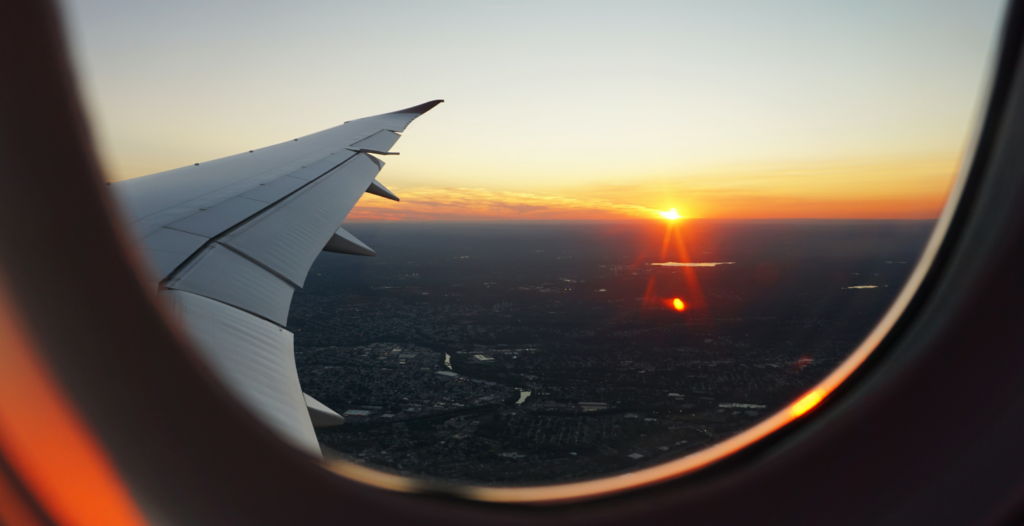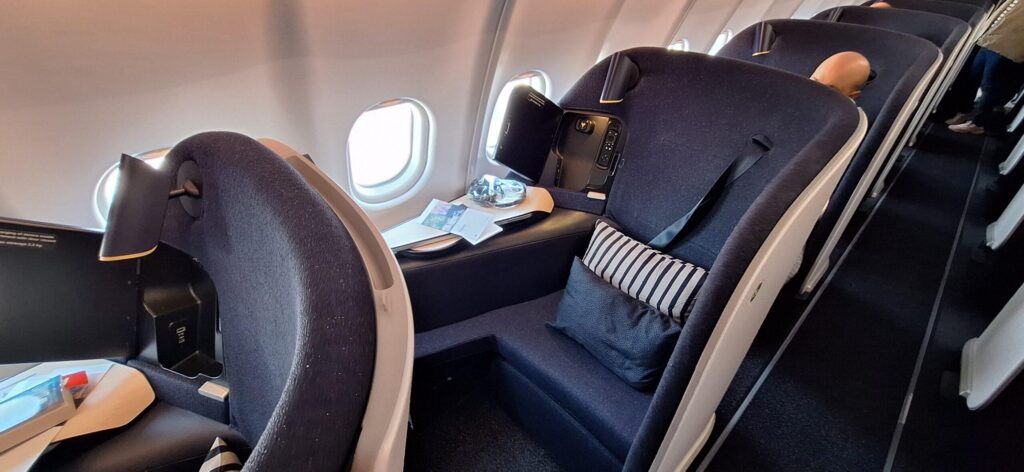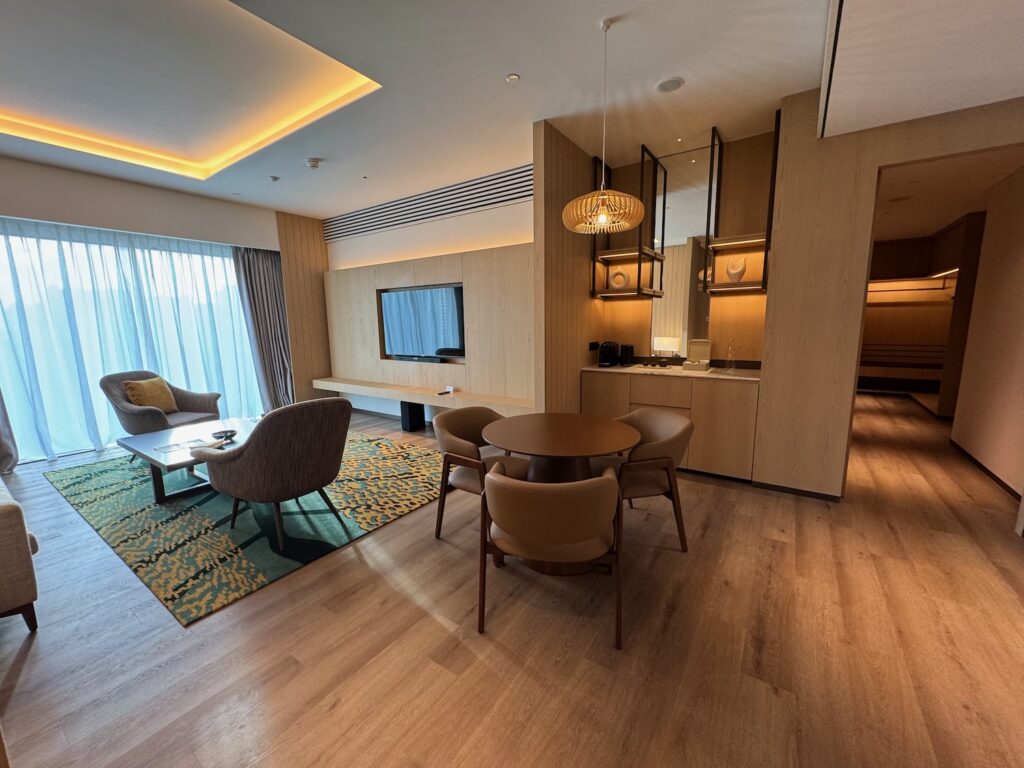Mile-High Club? Yes, Or No?
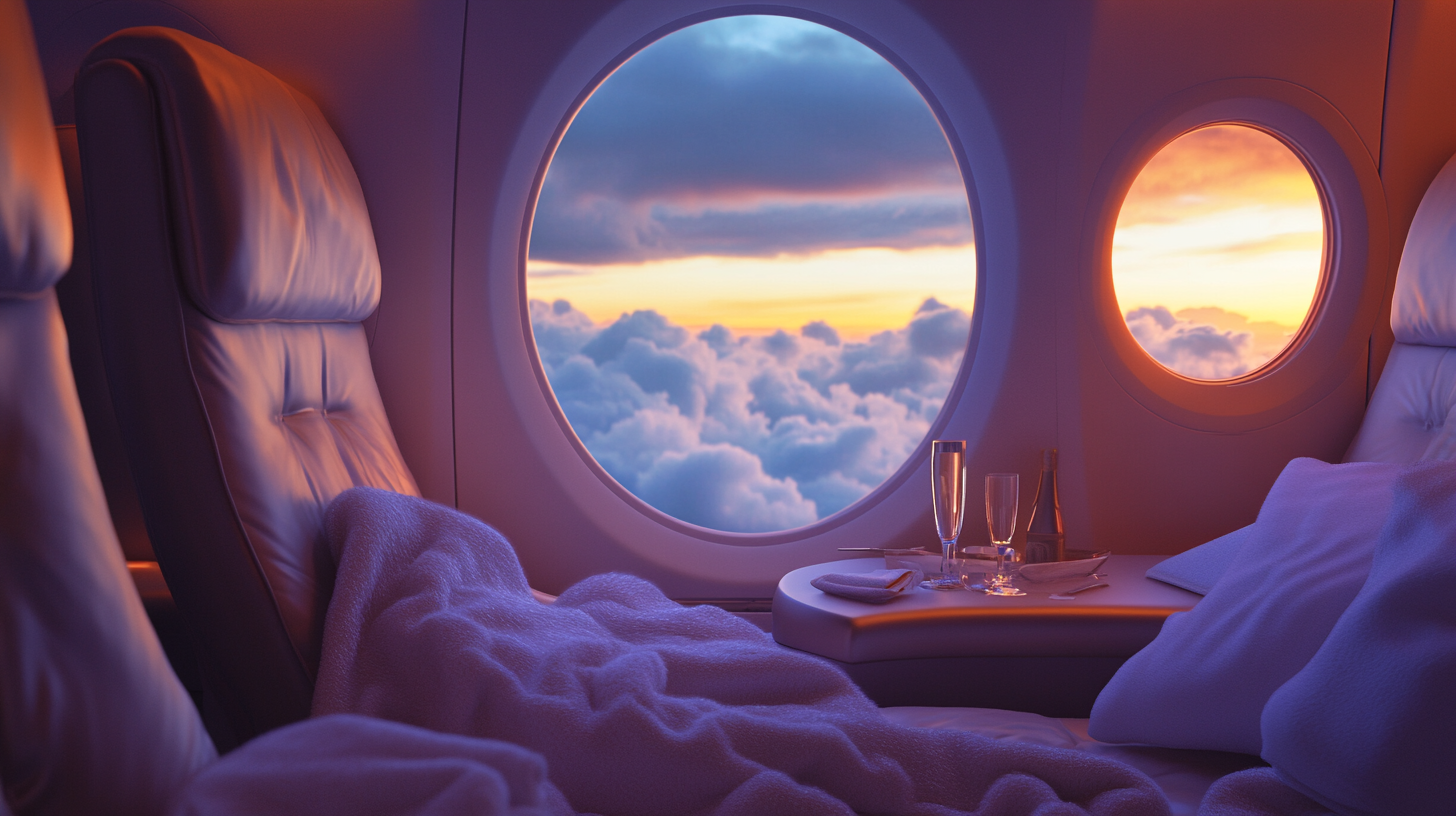
The clouds beneath you, the hum of the engines, and the thrill of being thousands of feet above the ground—air travel has its own kind of magic. Among the many legends of the skies, none is as tantalizing or whispered about as the elusive Mile-High Club. But is joining this infamous fraternity of flyers a daring adventure worth pursuing, or a risky endeavor best left at cruising altitude? Buckle up as we embark on a journey through the history, allure, and realities of the Mile-High Club to help you decide: Yes, or No?
The Allure of Altitude: Origins of the Mile-High Club
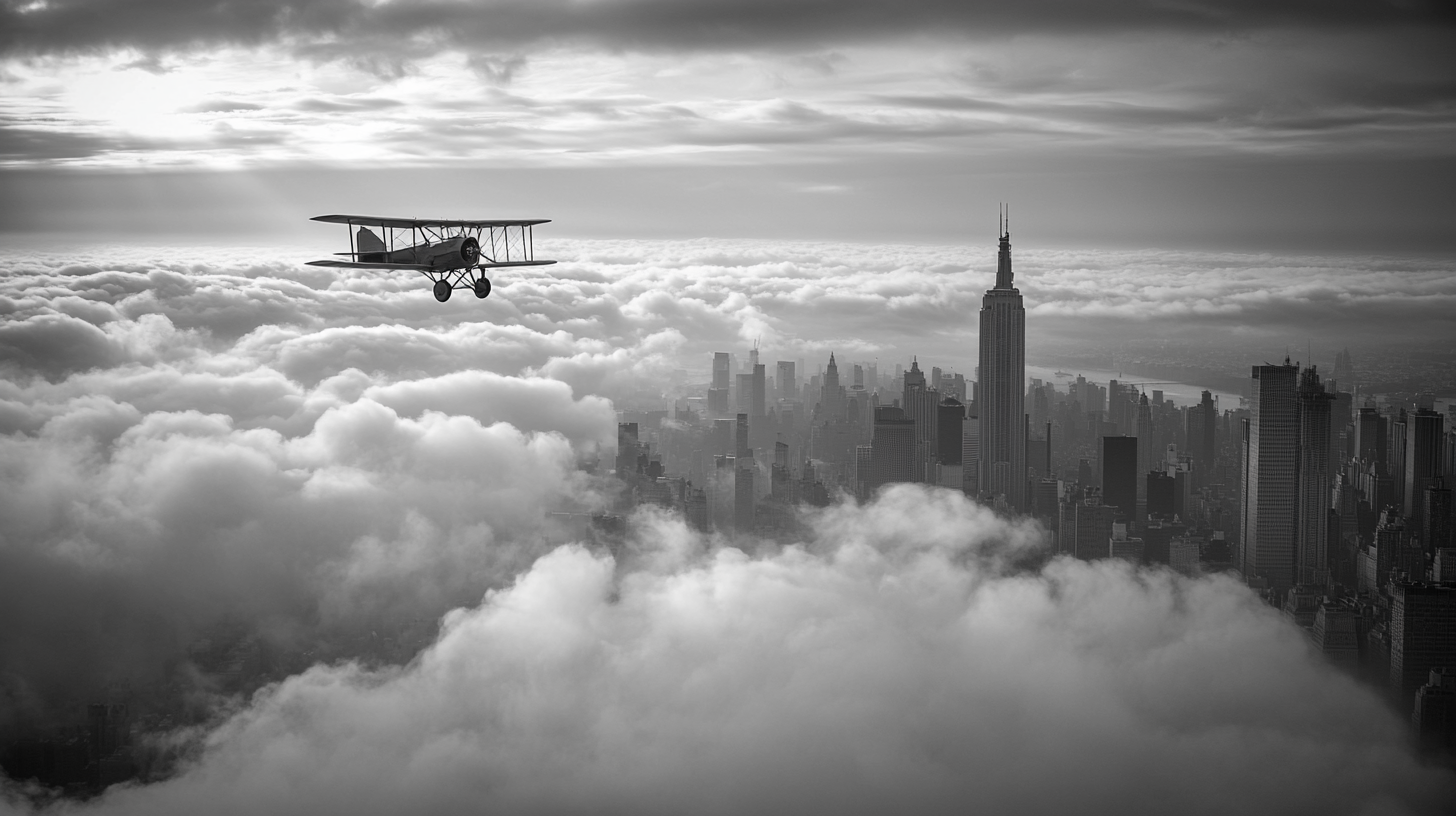
The story begins in 1916 with a man named Lawrence Sperry, an aviator and inventor known for his contributions to autopilot technology. Legend has it that Sperry and a socialite engaged in intimate activities while flying over New York, accidentally crashing but emerging unscathed—with a sensational story that would take flight for generations. Whether fact or fable, this tale ignited the imagination of adventurers and romantics alike.
As commercial aviation soared in the post-war era, the notion of the Mile-High Club became a symbol of rebellion against societal norms—a secret society shrouded in intrigue. The glamour of air travel in the 1960s and ’70s, with its spacious cabins and luxurious service, only added to the temptation. Hollywood films and celebrity anecdotes further propelled the Mile-High Club into pop culture lore.
Today, the term evokes a mix of curiosity and skepticism. Has the romanticism faded amidst tighter airline regulations and smaller seats? Or does the thrill continue to entice modern travelers seeking a taste of airborne adventure? For a fascinating deep dive into the history and evolution of the Mile-High Club, read this comprehensive article from Thrillist. Additionally, our very own View from the Wing reflects on the club’s nearly century-long journey, highlighting notable incidents and changing perceptions. For a timeline of key moments, check out HuffPost’s exploration of the eight most important years in Mile-High Club history.
Not only has the Mile-High Club been romanticized, but it’s also been analyzed. Resources like Pilot Passion delve into the secret meanings and essential things to know about this exclusive club, offering insights into its lasting appeal.
Sky-High Rules: Navigating Legal Implications and Airline Policies
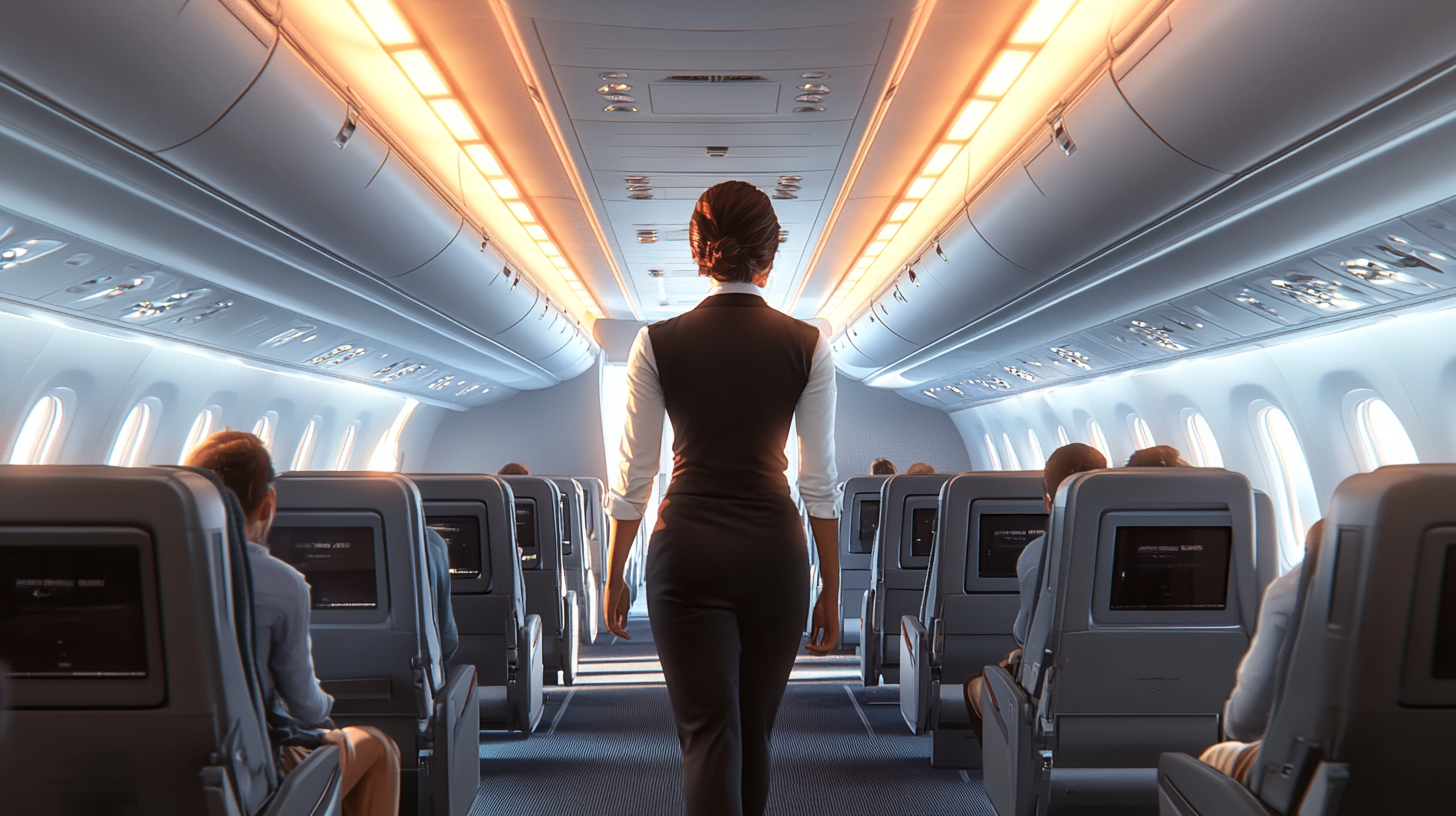
Before you entertain any high-altitude escapades, it’s essential to understand the rules of the air. Engaging in intimate acts on a plane isn’t just a matter of discretion—it can have legal consequences. According to The Points Guy, laws vary by country, but charges may include indecent exposure, lewd behavior, or violating aviation safety regulations.
Airlines prioritize the safety and comfort of all passengers. Flight attendants are trained to address any behavior that could disrupt the cabin environment. Being caught could lead to embarrassment, fines, or even arrest upon landing. It’s not just about getting a stern talking-to—some jurisdictions take these offenses very seriously.
Insights from flight attendants reveal that while some crew members handle such incidents discreetly, they are obligated to enforce airline policies. One air hostess shared how common attempts are and how staff manage these situations. Similarly, this Yahoo article explores what happens when passengers try to join the Mile-High Club, featuring input from legal experts and airline staff.
The romantic notion of a secret rendezvous might clash with the reality of strict airline protocols. For a comprehensive understanding of the legal ramifications and airline policies, check out our guide-to-airline-regulations to stay informed and fly smart.
The Tight Quarters Quandary: Practical Challenges In-Flight
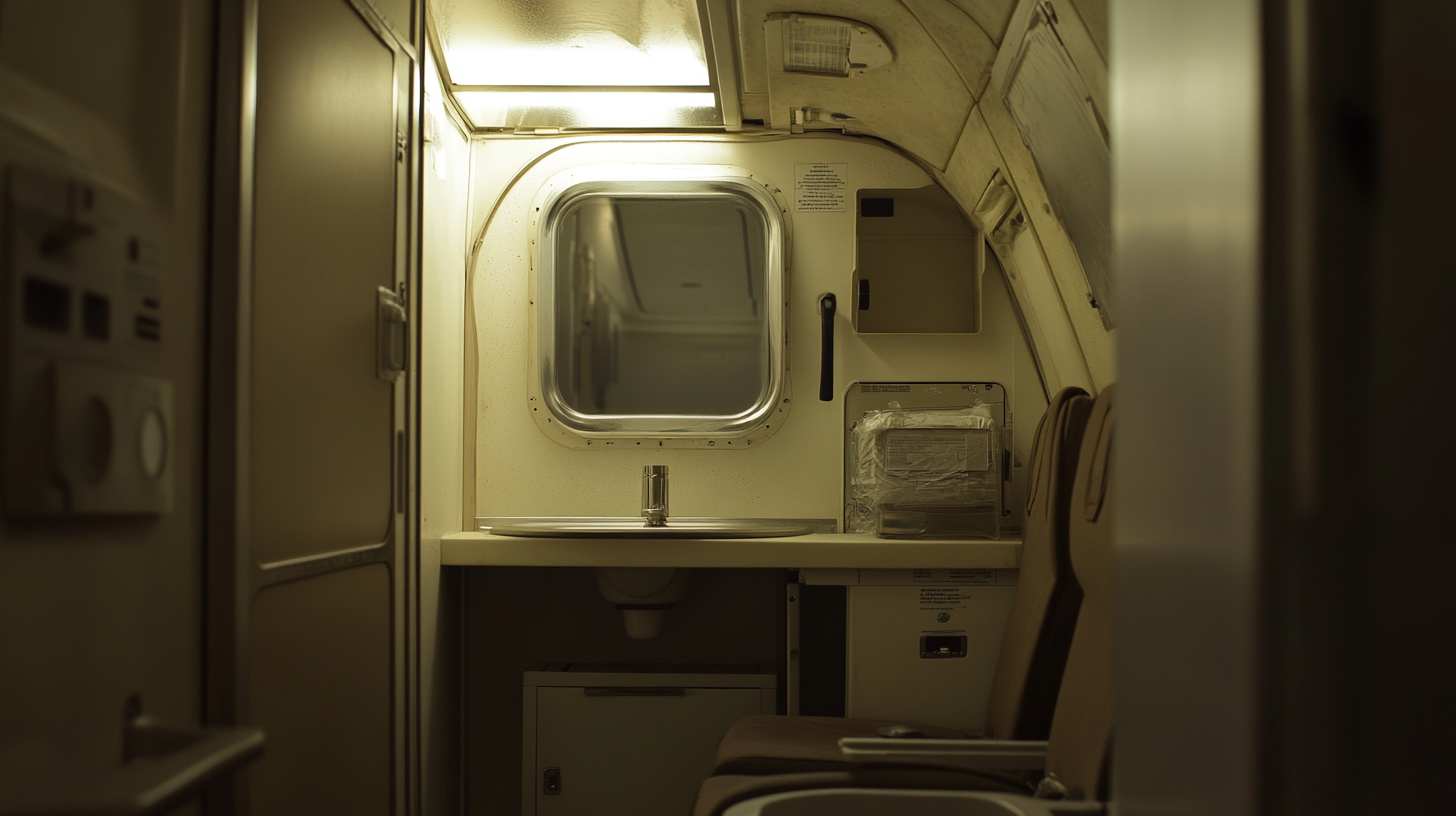
Let’s talk logistics. Airplane lavatories are small—really small. We’re talking about 3 feet by 3 feet of cramped space, often with questionable lighting and a less-than-romantic ambiance. Maneuvering in such tight quarters is challenging enough solo; adding a companion can make it nearly impossible.
Then there’s the issue of timing. With a constant flow of passengers and the possibility of long lines on fully booked flights, slipping away unnoticed is a feat in itself. The infamous “double occupancy” light on the lavatory door is a surefire giveaway that might attract unwanted attention from both crew and fellow passengers.
Not to mention, turbulence can turn an already risky endeavor into a potentially hazardous one. Safety should always be paramount when flying, and engaging in activities that require balance and discretion during a bumpy ride is far from ideal.
For firsthand accounts of how some have navigated these challenges, VICE interviewed Mile-High Club members who shared their experiences and the logistics involved. Additionally, a pilot’s perspective in General Aviation News offers insights into the feasibility and risks from the cockpit.
For tips on maximizing comfort within your personal space at 30,000 feet, read our article on in-flight-comfort-strategies.
Health and Cleanliness: The Unseen Airborne Factors
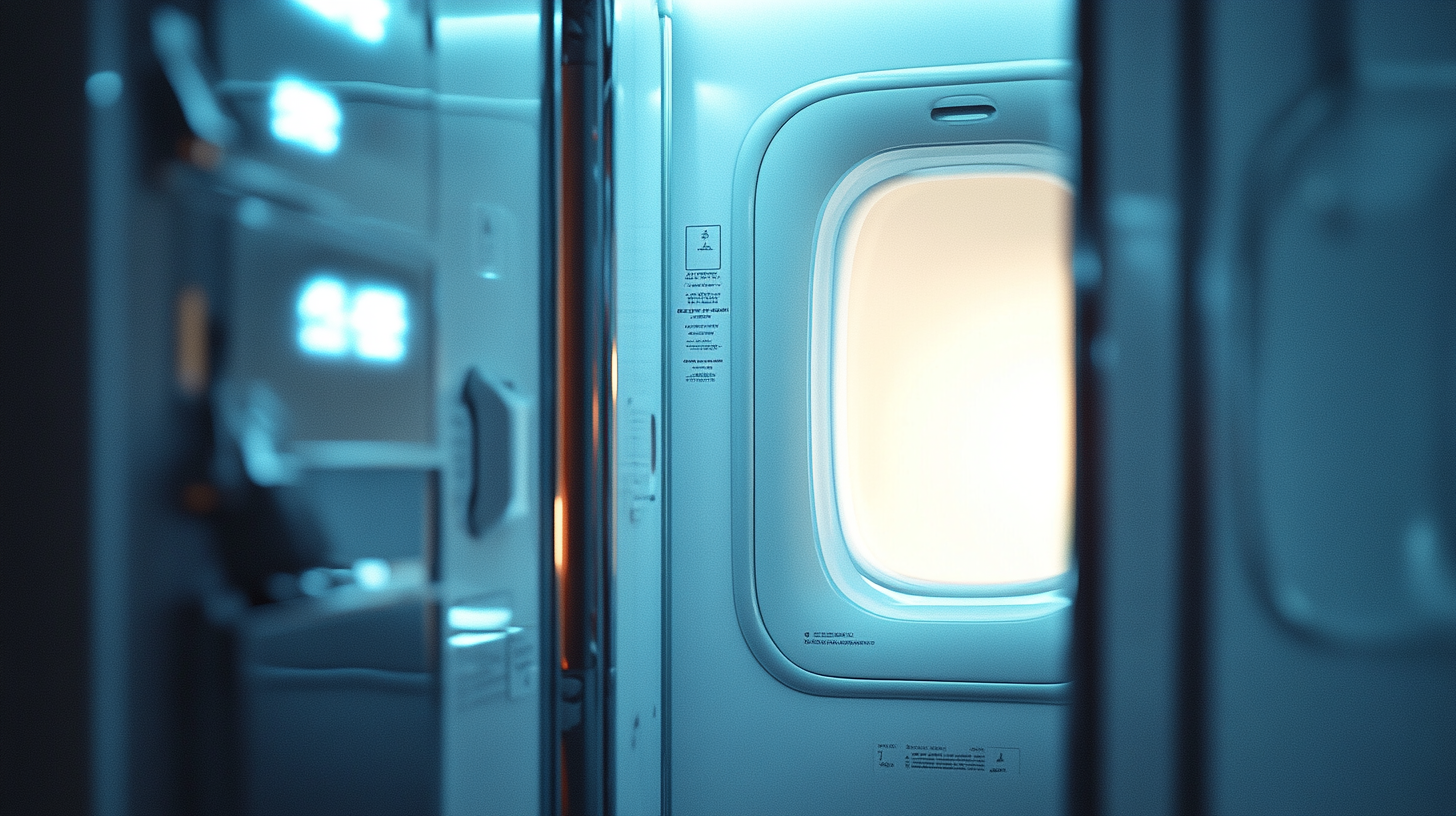
Airplanes are marvels of modern engineering, but they’re also confined spaces with recycled air and high-touch surfaces. While airlines have ramped up cleaning protocols, especially in light of recent global health concerns, lavatories remain one of the busiest and most germ-laden spots on the plane.
Consider the hygiene implications of intimate activities in such an environment. An article by Condé Nast Traveler examines the biological challenges, noting that the surfaces are small and often damp, with multiple passengers using the facilities throughout the flight. The risk of exposure to bacteria and viruses is significant.
Moreover, the dry cabin air can lead to dehydration and discomfort, which doesn’t set the stage for a pleasant experience. Staying healthy while flying involves careful planning and precaution—factors that might be compromised in the pursuit of joining the club.
Protect your well-being by learning more about maintaining-health-during-air-travel.
Beyond the Lavatory: Alternative Avenues for Adventure
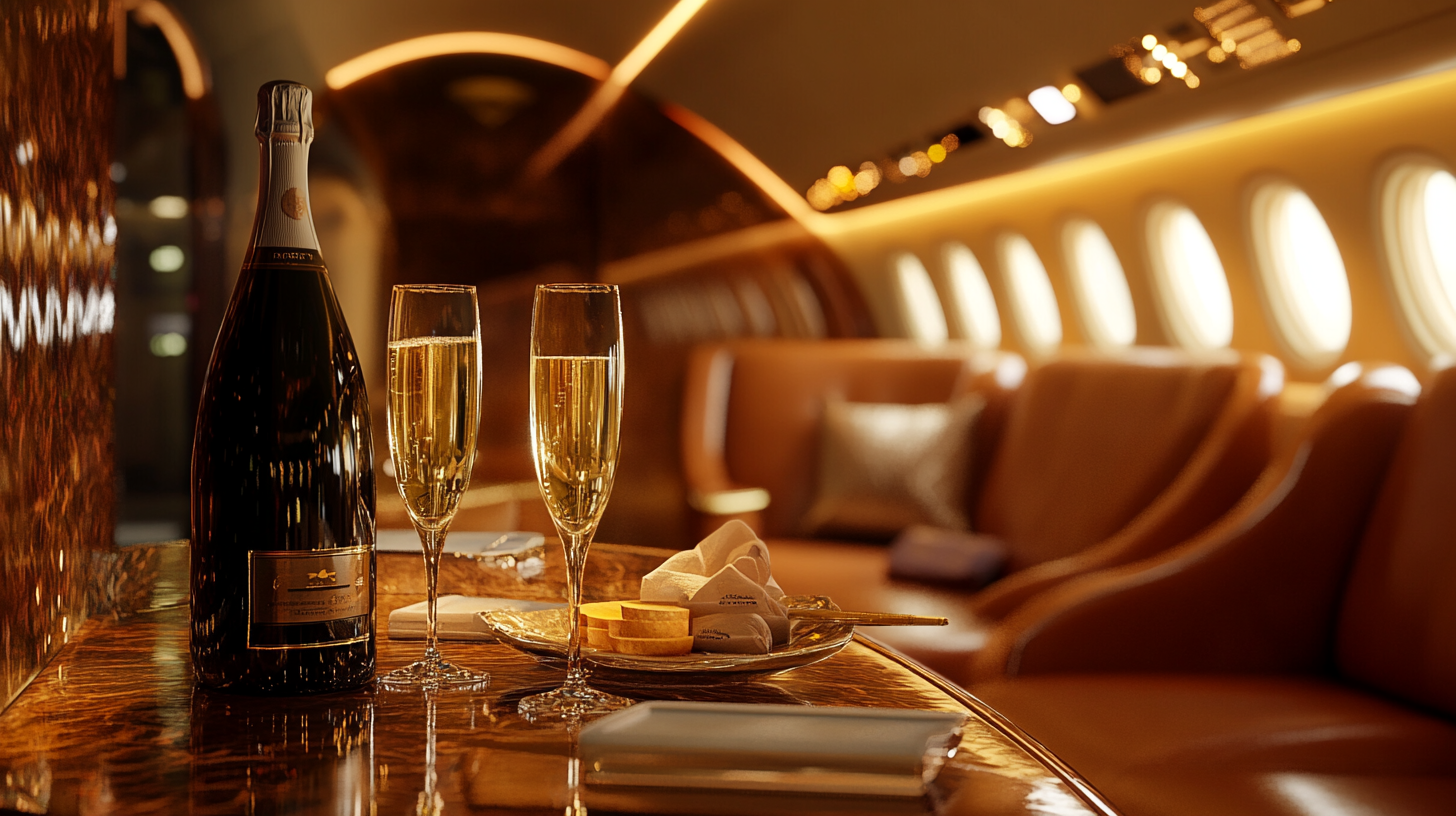
If the idea still entices you but the risks give you pause, there are alternative paths to consider. Private jet charters cater to those seeking luxury and privacy, with amenities that rival five-star hotels. While the price tag is significantly higher than commercial flights, the experience is unparalleled. Some companies offer private charter flights specifically designed for couples looking to join the Mile-High Club legally and comfortably. For example, All in Air provides spacious cabins and champagne service for a high-altitude romantic getaway.
For thrill-seekers on a budget, consider booking flights with lie-flat seats in first or business class. While discretion and appropriateness are still necessary, the added privacy can enhance the romantic aspect of your journey.
Alternatively, exploring romantic destinations might satisfy your craving for adventure without the associated risks. For inspiration, Thrillist offers a guide to romantic destinations and experiences for couples, providing alternatives for those interested in adventurous travel on solid ground.
Ethical Considerations: Respecting Fellow Passengers and Crew
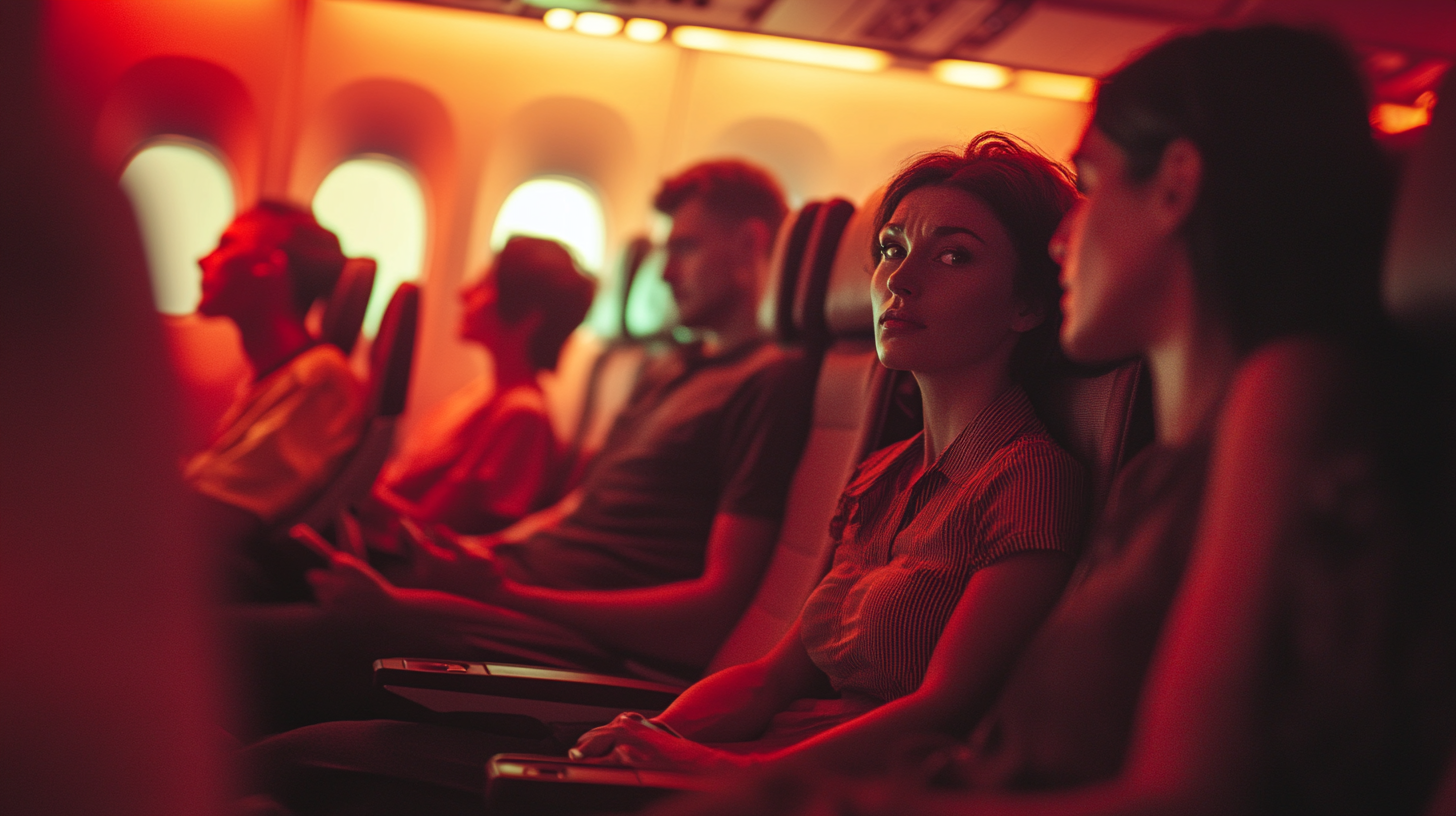
Air travel is a communal experience. Dozens, if not hundreds, of passengers share the same space, and the actions of a few can impact the many. Engaging in personal activities in a public setting raises questions about respect, consent, and social responsibility.
Flight attendants have a challenging job ensuring safety and comfort. Adding to their workload by creating situations they must address isn’t considerate. Likewise, other passengers may feel uncomfortable or disrespected by witnessing or becoming aware of such conduct.
Travel etiquette extends beyond keeping your seat upright and your phone on airplane mode. It’s about fostering a pleasant environment for all aboard. Before acting on impulse, consider the broader implications of your choices.
For insights into being a conscientious traveler, read our piece on responsible-and-respectful-travel-practices.
The Psychological Thrill: Chasing Adrenaline at Altitude

The allure of the Mile-High Club isn’t just physical—it’s psychological. The combination of fear of getting caught, the novelty of the setting, and the break from routine can generate a significant adrenaline rush. For some, the forbidden nature of the act is precisely what makes it appealing.
Understanding this motivation is key. Condé Nast Traveler delves into the science behind this allure, exploring the physiological and psychological factors at play. Similarly, personal accounts from VICE reveal how members felt about their experiences, highlighting the thrill and excitement involved.
Are you seeking connection, excitement, or simply ticking an item off a bucket list? There are many ways to fulfill these desires that don’t involve potential legal trouble or discomfort. Adventure can be found in exploring new destinations, trying unfamiliar cuisines, or engaging in thrilling activities like skydiving or scuba diving.
Rediscover the joy of travel by immersing yourself in experiences that enrich your journey without compromising safety or ethics.
Need inspiration? Check out our recommendations for adventure-travel-destinations-and-activities.
Making an Informed Decision: Is the Mile-High Club for You?

After weighing the historical allure, legal considerations, practical challenges, health concerns, and ethical implications, the decision ultimately rests with you. It’s important to have an open and honest conversation with your travel companion to ensure mutual interest and consent.
Consider what you hope to gain from the experience and whether the potential risks align with your personal values and travel goals. Sometimes, the fantasy is more satisfying than the reality, and there’s no shame in deciding that the Mile-High Club isn’t worth pursuing.
Alternatively, if the idea still captivates you, plan accordingly. Research airlines, understand the regulations, and consider alternative options that provide privacy and legality. For more insights, Pilot Passion offers key things to know before making your decision.
For personalized advice on planning unique travel experiences, explore our resources on travel-planning-and-tips.
Final Descent: Concluding Thoughts on High-Altitude Adventures
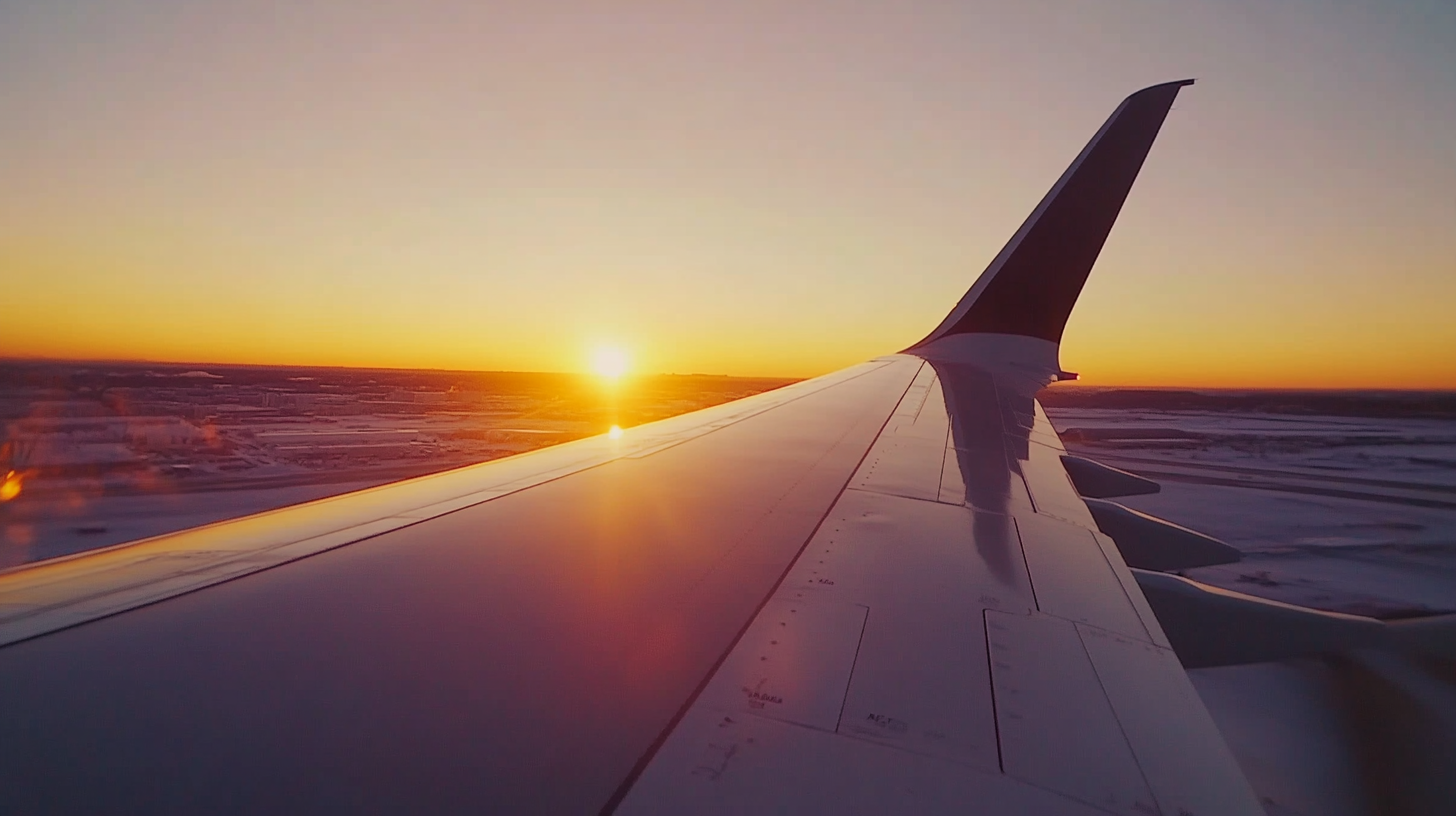
The Mile-High Club represents a blend of history, mystique, and modern-day curiosity. While the concept continues to intrigue, it’s essential to approach the idea with a clear understanding of all that it entails. By being informed and considerate, you can make choices that enhance your travel experience without unintended negative consequences.
Remember that the true joy of travel lies in the journey—the places you see, the people you meet, and the memories you create. Whether or not that includes high-altitude adventures is entirely up to you.
No matter how you choose to fly, may your travels be filled with wonder, excitement, and unforgettable moments.
For more engaging stories, travel tips, and industry insights, keep exploring with us here at BoardingArea.

